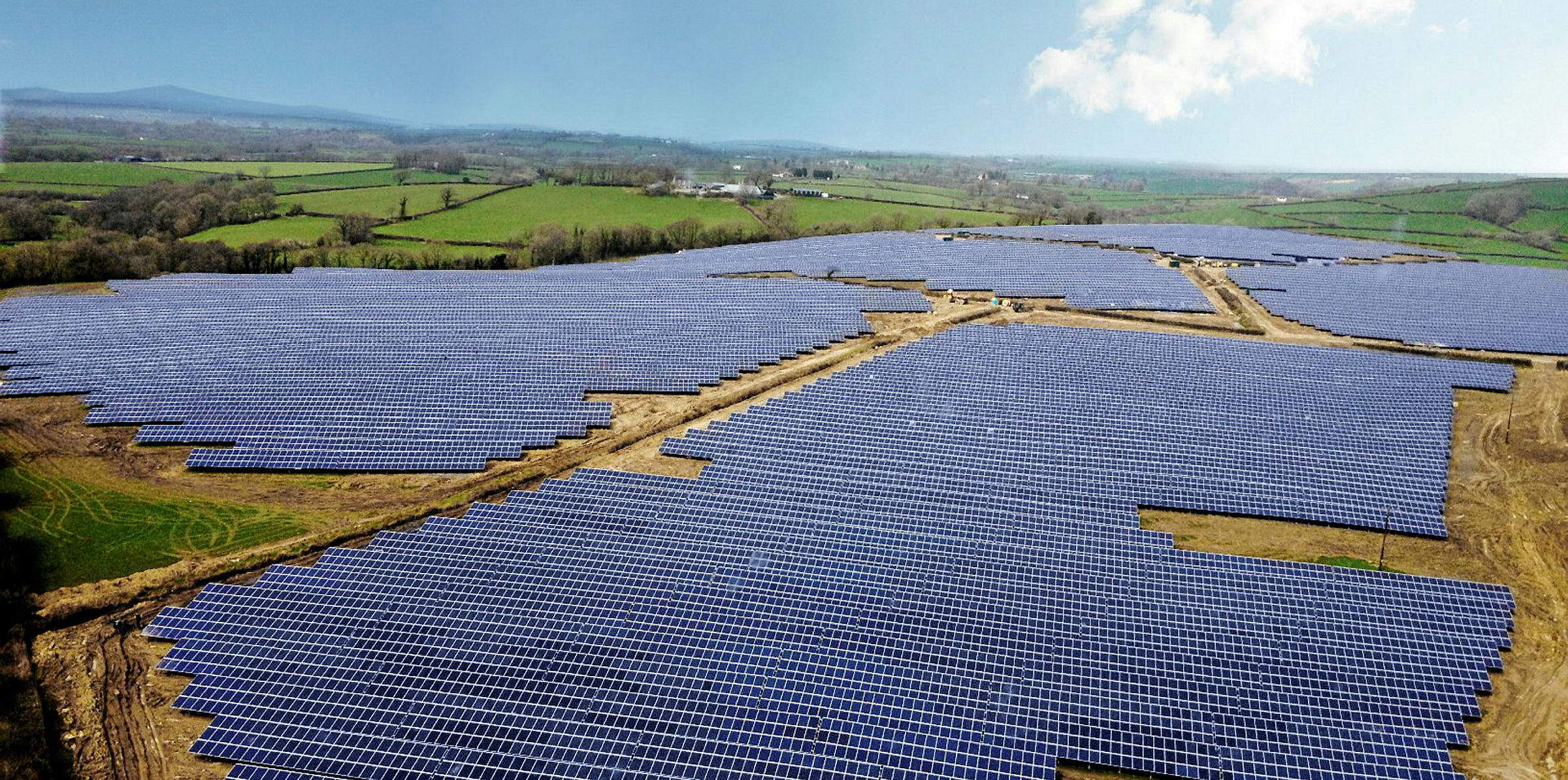Five US companies signed agreements for a joint 42.5MW solar energy deal, creating what they say is a new blueprint for corporates aggregating relatively small amounts of renewables demand to collaboratively enter into a virtual power purchase agreement (VPPA).
Until now, aggregation deals have involved a major off-taker as anchor tenant to allow a large project to get built. Several other companies will join to procure much smaller amounts of capacity to benefit from economies of scale the project offers, plus the lead buyer's often greater expertise with such transactions.

